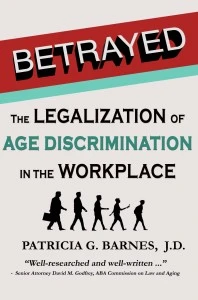On the bright side, at least he’s still alive.
A panel of the U.S. District Court of Appeals for the Ninth Circuit in San Francisco this week reversed a jury verdict in favor of Brian Hagen, a Eugene Oregon police officer who was removed from the department’s K-9 team after expressing safety concerns following several instances involving the accidental discharge of weapons by members of the department’s SWAT team.
The panel ruled that a “public employee [who] reports departmental-safety concerns to his or her supervisors pursuant to a duty to do so ….does not speak as a private citizen and is not entitled to First Amendment Protection.”
After three instances of accidental discharge of weapons by SWAT team officers in two years, one of which resulted in the actual shooting of a SWAT team member, Hagen became concerned about safety issues related to the K-9 team working with the SWAT team. When he repeatedly pressed for information about improvements to the SWAT team’s weapons handling, he was transferred from the K-9 team.
After a trial, a jury unanimously agreed that the City had deprived Hagen of his First Amendment right to free speech under the U.S. Constitution by retaliating against him for expressing safety concerns. The jury awarded Hagen $50,000 in compensatory damages and $200,000 in punitive damages.
A three-judge panel of the appeals court ruled on Dec. 3 that the lower court improperly denied the City’s motion for Judgment as a Matter of Law. The appeals court reversed the jury verdict, vacated the damages, and remanded the case back to the lower court with instructions to enter judgment in favor of the defendants on each of Hagen’s claims.
The appeals court agreed with the City’s argument that Hagen failed to establish that he spoke as a private citizen, rather than as a police officer who was “required by [the] City and police department to report safety concerns.”
The appeals court said Hagen was required to express concerns about officer safety internally and within the police chain of command. Therefore, it said, even construing all evidence in Hagen’s favor, Hagen did not act as a private citizen who was eligible to First Amendment protection.
The case is Hagen v. City of Eugene, Peter Kerns, Jennifer Bills, Thom Eichhorn, No. 12-35492.




